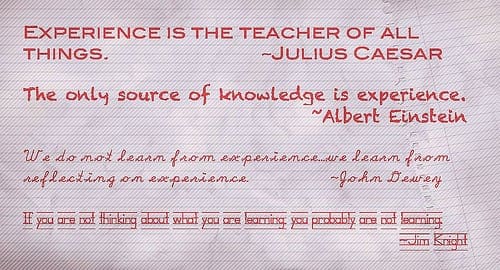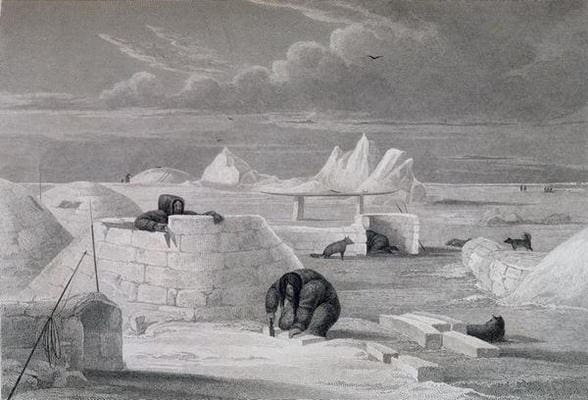
Favorite If you want knowledge in a lesson, post or knowledge article to be found, give it a good title. One of the occasional recurring themes of this blog is the importance of Knowledge findability. Knowledge needs to be used in order to add value, and before it can be
Read More
 Shared by Nick Milton March 9, 2018
Shared by Nick Milton March 9, 2018

Favorite To achieve success in a KM pilot, there are three major roles that need to be in place. Blickling Hall, Gardens and Park by Martin Pettitt, on Flickr KM pilot projects are when you take Knowledge Management out into the business, and “try it for real”. They are a
Read More
 Shared by Nick Milton March 8, 2018
Shared by Nick Milton March 8, 2018

Favorite If we look at knowledge flowing through a company as an analogue of fluid flowing through a porpous medium, can we draw any conclusions to help us with KM? In their 2011 presentation, Tim Stouffer and Reid Smith did just this. They took an interesting look at the flow
Read More
 Shared by Nick Milton March 7, 2018
Shared by Nick Milton March 7, 2018

Favorite There is one immediate test of effective knowledge transfer, and that is the Aha moment. Image from wikimedia commons Anyone who has ever, at any time, tried to explain something to someone else, is aware of the “Aha moment”. The Aha moment, oterhwise known as the Light-bulb moment, is
Read More
 Shared by Nick Milton March 6, 2018
Shared by Nick Milton March 6, 2018

Favorite KM organisations need a Knowledge workstream as well as a Product/Project workstream. But what are the knowledge outputs? I have blogged several times about the KM workstream you need in your organisation; the knowledge factory that runs alongside the product factory or the project factory. But what are the
Read More
 Shared by Nick Milton March 5, 2018
Shared by Nick Milton March 5, 2018

Favorite Knowledge is born in a three-stage process of reflection on experience – here’s how. Experiencing, Learning, Reflecting, by Denise Krebs on Flickr I think most people accept that knowledge is born through reflection on experience. The three-stage process in which this happens is the core of how the military
Read More
 Shared by Nick Milton March 2, 2018
Shared by Nick Milton March 2, 2018

Favorite “What would it take, to get you to share more of your knowledge Image from wikimedia commons This was a question Shell asked in an internal survey, several years ago, in order to understand the incentives and barriers for knowledge sharing. The top 6 answers were as follows More
Read More
 Shared by Nick Milton March 1, 2018
Shared by Nick Milton March 1, 2018

Favorite To be able to transfer subtleties of knowledge, we need subtleties of language. Image from wikimedia commons The Eskimo languages have, it is claimed, 50 words for snow (falling or lying snow, and ice). This may or may not be true, but their various words can carry a huge
Read More
 Shared by Nick Milton February 28, 2018
Shared by Nick Milton February 28, 2018

Favorite Perhaps the most important skill for the KM professional is the skill of Questioning. Questions are the hook from which most of your knowledge hangs. Anyone with small children knows that itireless questioning underpins their early learning. The same principle applies in organisations. Making knowledge conscious, making it explicit,
Read More
 Shared by Nick Milton February 27, 2018
Shared by Nick Milton February 27, 2018
Favorite Courtesy of the Patrick Lambe Vimeo account, here is Carla Newman talking about the Knowledge Retention process developed at Shell Carla Newman on ROCK (Retention of Critical Knowledge) from Patrick Lambe on Vimeo. View Original Source (nickmilton.com) Here.
![]() Shared by Nick Milton March 9, 2018
Shared by Nick Milton March 9, 2018








